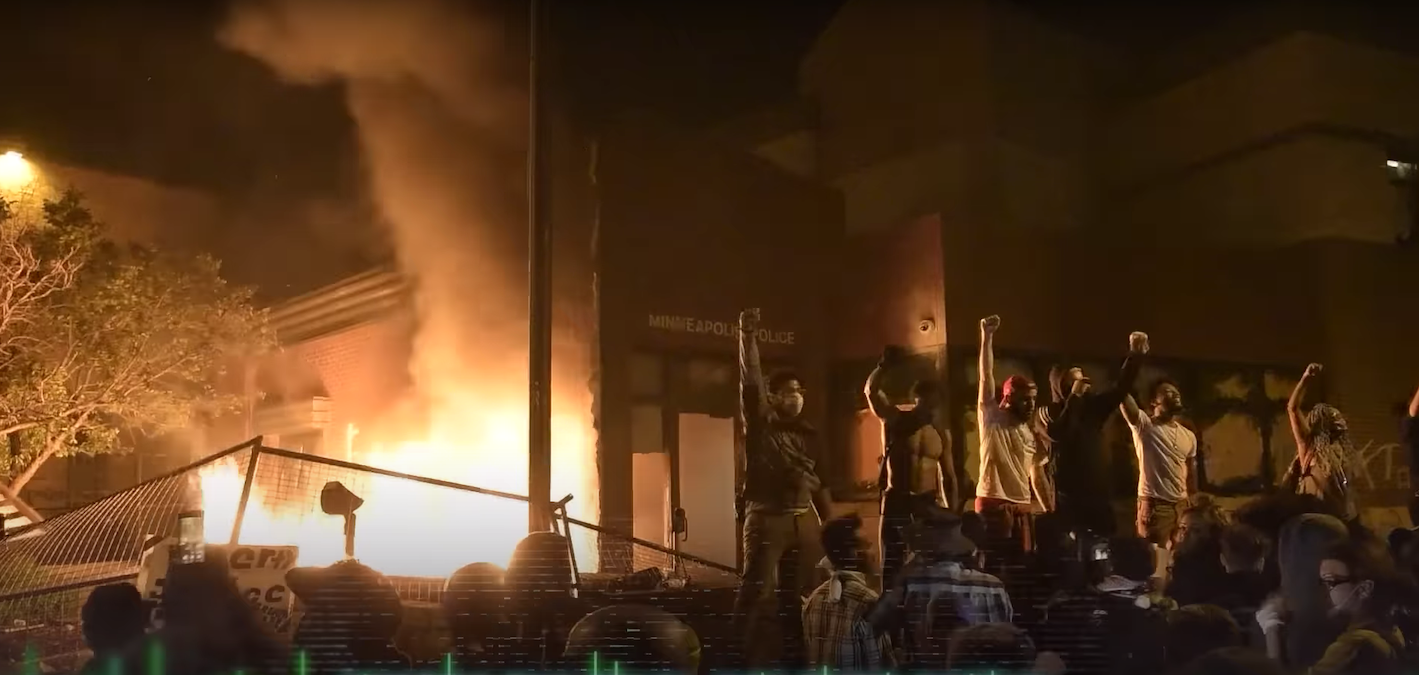The assassination of conservative commentator Charlie Kirk has ignited a contentious debate over political violence in the United States, with differing views on the sources and implications of such violence.
Explainer Charlie Kirk Overview
Kirk was shot and killed by an individual identified as Tyler Robinson, who has been linked to left-wing political movements. This incident has prompted calls from some political figures and commentators for unity and a reduction in political rhetoric. Critics argue that such calls ignore the realities of political violence and its ideological underpinnings.
In a recent column, David French, a prominent conservative writer, suggested that both the left and right share responsibility for political violence. He stated, "Partisan blindness makes it easy to see the evil of the opposition while explaining away or justifying the evil on our side."
Supporters of Kirk's perspective, including Vice President J.D. Vance, have rejected this notion. Vance emphasized the need for clarity in the discussion of political violence, stating, "There is no unity with someone who lies about what Charlie Kirk says in order to excuse his murder."
The discourse surrounding Kirk's assassination has highlighted a broader concern regarding how political violence is perceived and reported in the media. Critics of the mainstream media argue that there is a tendency to downplay left-wing violence while emphasizing right-wing incidents.
A review of recent high-profile political violence incidents reveals a pattern that some argue supports the claim of left-wing dominance in such acts. For instance, the 2017 shooting of Republican lawmakers during a congressional baseball practice was carried out by a Bernie Sanders supporter. Additionally, the 2020 Black Lives Matter protests resulted in widespread violence, with at least six fatalities reported.
In contrast, some commentators point to events like the January 6 Capitol riot as evidence of right-wing violence. French cited the plot to kidnap Michigan Governor Gretchen Whitmer as an example of right-wing extremism, although this incident has been criticized as an FBI entrapment scheme.
The debate has intensified on social media, with some left-wing figures reportedly celebrating Kirk's assassination. This reaction has alarmed many conservatives, who view it as indicative of a broader acceptance of political violence among certain factions on the left.
As the nation grapples with the implications of Kirk's assassination, the call for unity remains fraught with tension. Vance concluded his remarks by expressing a desire for a united front against political violence, stating, "We can only have unity with people who acknowledge that political violence is unacceptable."
The ongoing discourse reflects deep divisions within American society regarding the nature of political violence and the responsibilities of both sides in addressing it. As the investigation into Kirk's assassination continues, the ramifications of this event are likely to reverberate through the political landscape for some time.
Why it matters
- Charlie Kirk's assassination has sparked a national debate on political violence, highlighting ideological divides in the U.S.
- The incident raises questions about media bias in reporting political violence, with claims of left-wing incidents being downplayed.
- Political figures are calling for unity, but the discourse reveals deep divisions on accountability for political violence.
What’s next
- Investigations into Kirk's assassination are ongoing, with potential implications for political rhetoric and accountability.
- Political leaders may face pressure to address the rising concerns over political violence in upcoming speeches and events.

